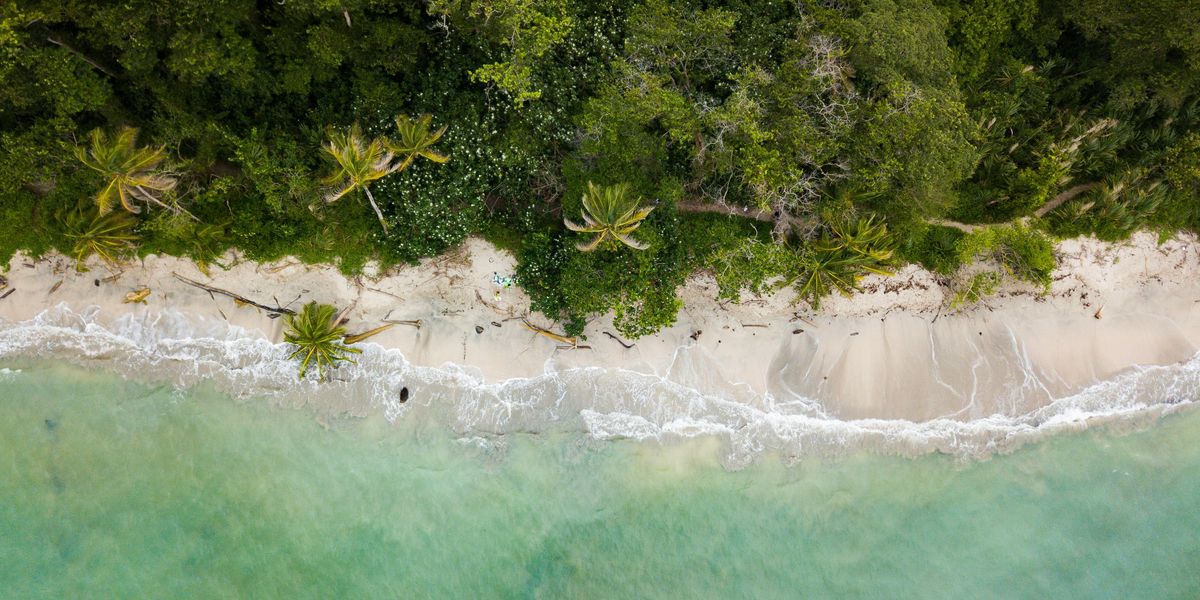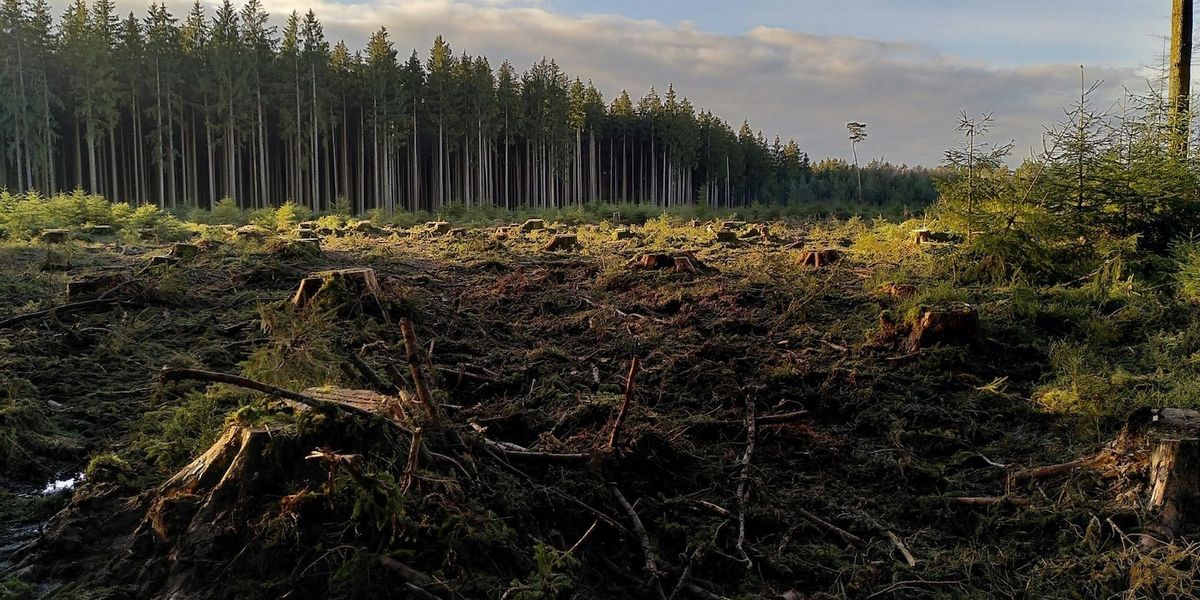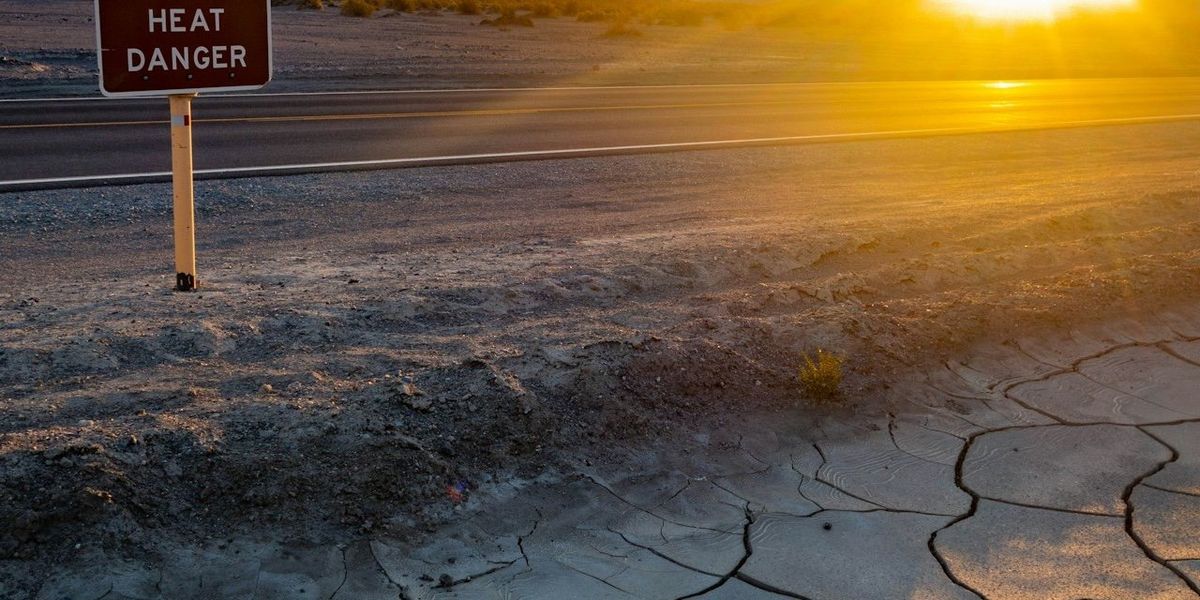
Costa Rica pushes global ocean protections and deep sea mining moratorium
Costa Rica’s president used the United Nations Ocean Conference to call for a global pause on deep sea mining and greater international cooperation to protect marine ecosystems.
Teresa Tomassoni reports for Inside Climate News.
In short:
- Costa Rica, which protects 30% of its marine territory, co-hosted the U.N. Ocean Conference in Nice, urging countries to halt deep sea mining until more research is available.
- President Rodrigo Chaves Robles emphasized that safeguarding oceans benefits all nations and that harmful practices like plastic pollution and bottom trawling must be addressed collectively.
- Costa Rica is using payments for environmental services and technology like satellite tracking to curb illegal fishing and support conservation efforts, especially in vulnerable coastal communities.
Key quote:
“For decades now, we have treated the ocean as a sort of infinite pantry or food store, but also we’ve treated it as a global waste dump.”
— Rodrigo Chaves Robles, president of Costa Rica
Why this matters:
The ocean covers over 70% of the planet and absorbs around a quarter of the carbon dioxide humans emit each year, buffering us from climate catastrophe. But industrial fishing, plastic pollution, warming waters, and now deep-sea mining threaten marine biodiversity and the livelihoods of millions who depend on healthy seas. Deep sea mining in particular risks damaging fragile ecosystems that scientists barely understand, yet it’s gaining momentum due to demand for metals used in electric batteries. Costa Rica’s call for a moratorium reflects growing concern that industry is outpacing science. As some nations expand marine protections, others resist regulation, leaving the ocean vulnerable. Decisions made now could shape the fate of Earth’s largest carbon sink — and a cornerstone of global food security — for generations.
Related: Global effort to protect international waters nears milestone as more countries back UN ocean treaty













